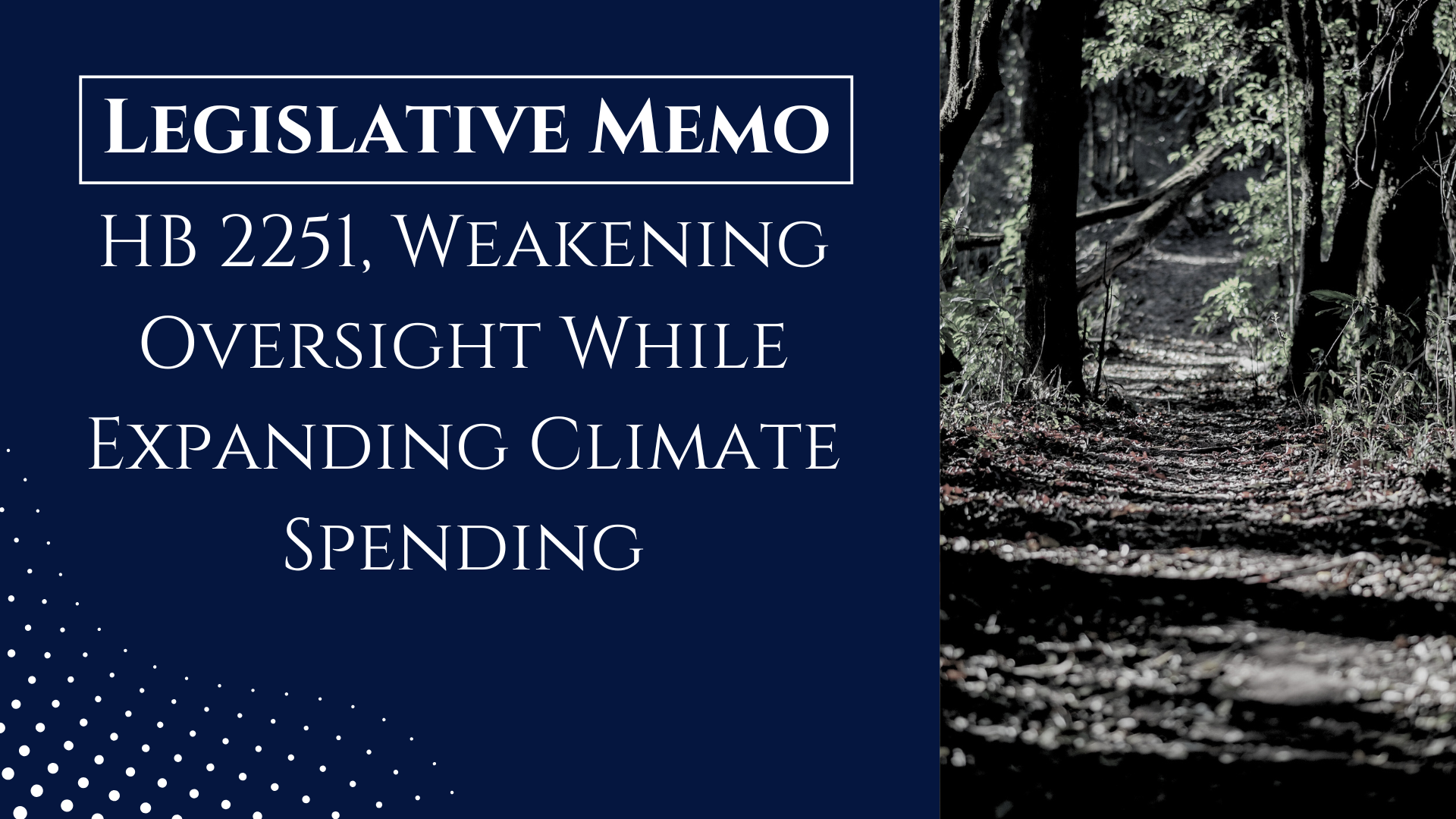Key Findings
- Initiative 2117 would repeal the “Climate Commitment Act,” Washington’s new cap-and-trade law that puts a tax on CO2 emissions.
- Despite promises that it would add only “pennies” to the cost of gasoline, the CCA’s tax on CO2 added about 43 cents per gallon and about 53 cents per gallon to diesel in the first year.
- The initiative would repeal the requirement that CO2-emitting entities like universities, fuel suppliers, food producers and utilities purchase allowances at auction for every metric ton of CO2 they emit.
- The initiative would also repeal regulations requiring assessment of CO2 emissions created by new or expanded construction.
- Also repealed would be state code related to increasing emissions requirements for “overburdened communities” which includes some of the state’s wealthiest neighborhoods, like Bellevue, Redmond, and Newcastle.
- The initiative would not repeal the state’s CO2 emissions targets, which set a goal of cutting state emissions by about 50 percent by 2030 compared to 1990.
Introduction
A group of concerned citizens called Let’s Go Washington has gathered enough signatures to present a people’s initiative to the legislature, Initiative 2117, calling it the Stop The Hidden Gas Tax initiative. The measure would repeal the state’s Climate Commitment Act and its cap-and-trade system.
Initiative sponsors needed to collect 324,516 valid signatures (8% of the votes cast in the last election for governor) by December 31st to submit the measure for consideration in the 2024 legislative session.
By the end of December, Initiative 2117 supporters had collected 469,000 signatures. The signatures were submitted to the Secretary of State’s office for verification and certification. On January 16th the Secretary of State certified the initiative and forwarded it to the legislature for consideration.
Lawmakers have three choices:
- They can enact the initiative into law as is (the governor’s signature is not required);
- They can take no action, in which case the initiative is forwarded to voters on the November 2024 ballot. If voters approve the initiative it becomes law;
- They can pass an alternative version, in which case both versions, the original and the legislature’s, will appear on the November 2024 ballot. Voters will first decide if either version should become law and, if so, indicate on the same ballot which one should pass.
READ THE FULL LEGISLATIVE MEMO HERE





